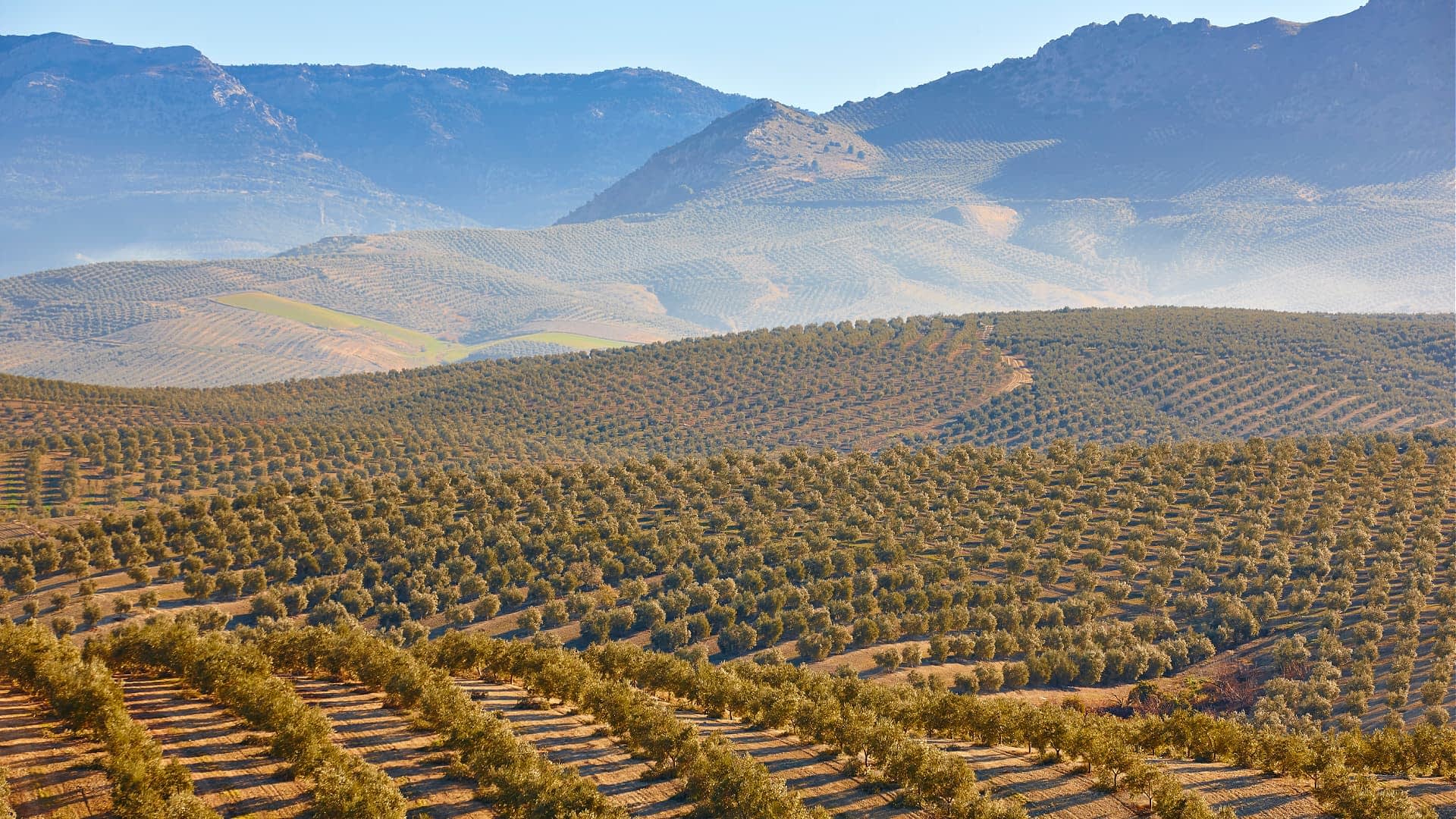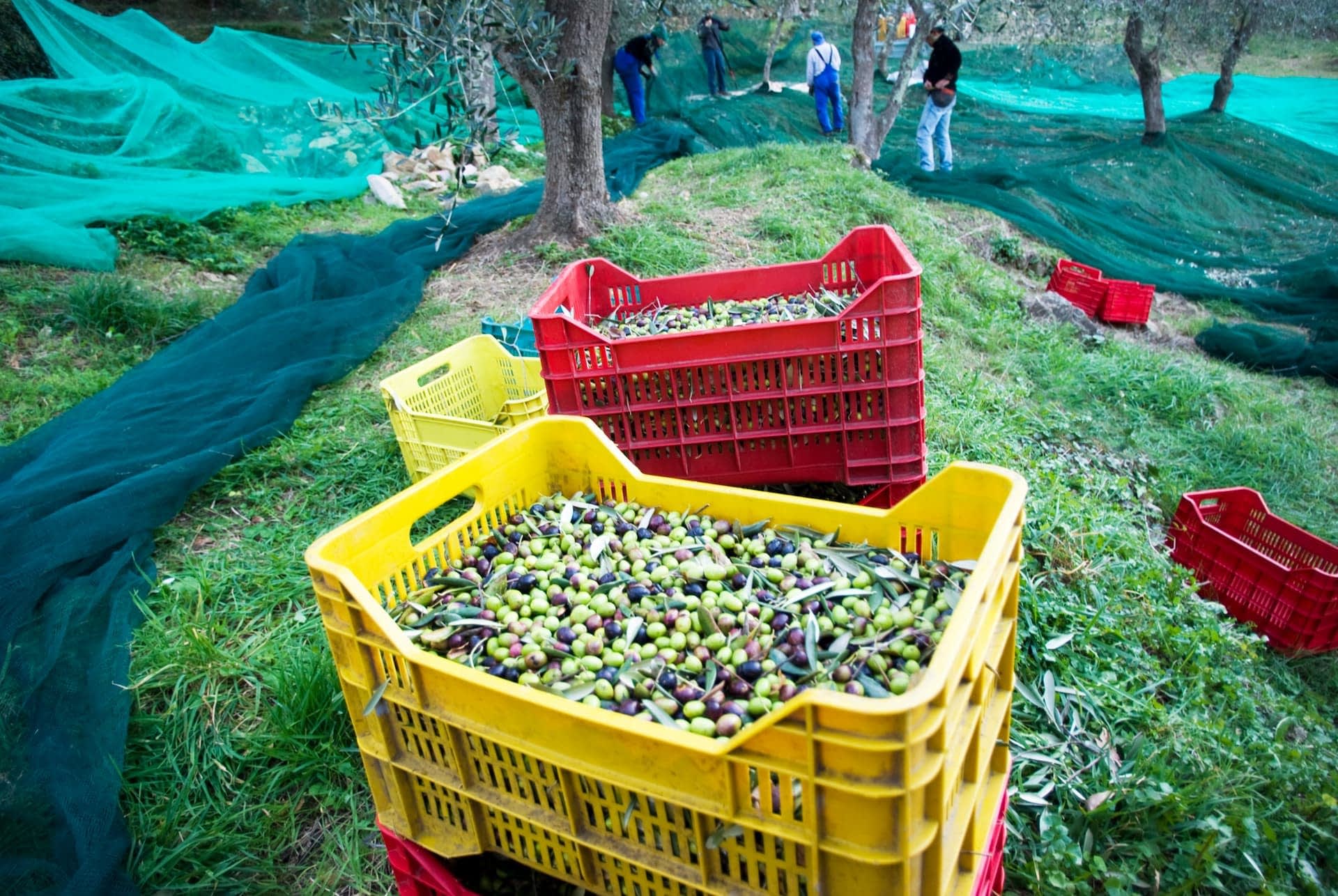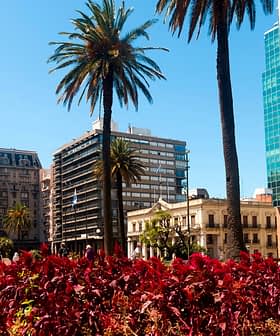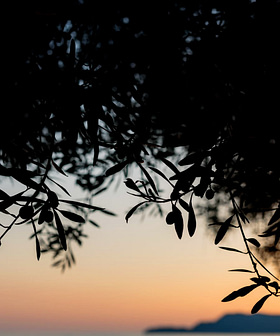A new study commissioned by COAG, a union of farmers and ranchers, estimated that climate change has already slashed the annual agriculture turnover in Spain by 6 percent, representing a €550 million loss.
The study warns that annual losses are likely to increase based on current climate projections.
Water is the most necessary and scarce resource available to any type of olive grower. Therefore, managing water properly is vital.
According to the research, 80 percent of Andalusia could become inhospitable for some rainfed varieties – including Hojiblanca and Manzanilla – if global temperatures exceed the pre-industrial average by 2 °C before 2050.
The study added that the prodigious Picual would likely retain its production capabilities in the southern Spanish region.
See Also:A Plan to Decarbonize EuropeHowever, should surface temperatures exceed 2.5 °C, even Picual would greatly be affected, with an 83-percent production loss estimated in Seville, 72-percent loss in Cádiz, 41-percent in Córdoba, 16-percent in Jaén and 5.7‑percent in Granada.
“What we did was to examine, gather and put together a lot of different pieces of scientifically-sound information coming from multiple sources with the goal of understanding where we are heading,” Pablo Resco, an agronomist and the director of agricultural risk at COAG, told Olive Oil Times.
“The impacts of climate change are different on different crops, but it might also affect different industries in different ways, and people too,” he added.
“It all comes down to the sensitivity of each subject to the changes triggered by a new climate,” Resco continued. “Such sensitivity and the related adaptation abilities determine the vulnerability of the specific area, crop or sector.”
An estimated 2.7 million hectares of olive groves are located in Spain, more than 20 percent of olive trees anywhere in the world. Within Spain, Andalusia boasts 60 percent of national olive production.

Jaén, Spain
The industry’s annual turnover is approximately €4 billion, with €1.5 billion coming from table olives and €2.5 from olive oil.
“Should the current water scarcity situation continue, there will be a drop in production not only in Spain, but also in the rest of the planet,” Juan Vilar, a strategic consultant, told Olive Oil Times.
“However, there have always been cycles of several years in which higher rainfall occurs, as well as extreme drought at other times,” he added. “[What is now happening] will generate a problem, as extreme events will become more radical, since there are more olive groves planted, and there will be both valleys never produced, and peaks never reached.”
To mitigate the impacts of Andalusia’s growing water scarcity, Vilar said producers would have to adopt new sustainable best practices.
These range from using recycled and de-salinized water to modernizing irrigation systems and building new reservoirs while expanding existing ones.
Vilar added that producers also would need to adopt better water management techniques, rewild some of their farmland, practice soil conservation and prevent water pollution.
To obtain a holistic view of the risks to the Spanish agricultural sector, the research also focused on wine and cereal production and ranching. All three are expected to face different challenges due to climate change.
The study calculated that extreme weather events and the prolonged drought have resulted in €25 billion in losses to the Spanish economy over the past 30 years.
During this time, temperatures have risen, sometimes faster than the global average, and rainfall volumes have diminished. These trends have further been exacerbated by urbanization and land management.
According to the study, Spain’s ongoing drought causes up to €1.5 billion of damage, mostly in the agriculture and energy sectors, each year.
The researchers projected that drought and extreme weather may shrink the country’s GDP by 7 percent if average global temperatures rise by 2 °C. Any adaptation strategy will strongly depend on the use of water.
“Water is the most necessary and scarce resource available to any type of olive grower,” Vilar said. “Therefore, managing water properly is vital. The first step would be to efficiently use what we already have. A second step would include retention ponds to maintain the biological course of rivers and tributaries. The more water accumulated, the better.”
Vilar believes that the successful implementation of these measures could lead to the expansion of olive growing in several regions worldwide.
“With those steps, the olive groves in the world would go from being 40 percent rainfed and 60 percent irrigated to a 30 to 70 ratio, going on to produce at least between 400,000 and 600,000 more tons of oil per campaign,” he said.
“Not to mention the social, sustainable and biodiverse contributions, in addition to the economic ones,” Vilar added.
Along with environmental adaptations, Resco believes there are necessary structural changes as well, including insurance schemes.

“Currently you can subscribe to an insurance contract based on the average of the five-year yield records,” he said. “If the yield records become lower because of climate change, the farmer will still be able to subscribe to that, but will have to pay a higher price.”
“This is a method that will not stop the climate change-triggered consequences, but it might soften the blow,” Resco added.
Furthermore, soil health will need to be studied as temperatures rise and precipitation patterns change.
Desertification and soil degradation affect large areas of the country, which led the government in Madrid to re-launch programs to reverse the trends.
“One of the main characteristics of most of Spanish agriculture is the poor soil,” Resco said.
He believes farmers need to enrich their soils with organic materials, which will help prevent erosion.
Resco added that farmers could do this by growing cover crops between rows and adopting more sustainable tilling practices.
“Focusing on soil health it is not only necessary because of climate change but also because it is the most sustainable method to ensure future agriculture not only for us but also for our children,” he said.
However, he warned that this process would not be easy. Sustainable agricultural solutions will require substantial capital investments and will be different in different areas.
“Step by step we are approaching a transition. It is not a choice, it is not something that we can choose not to do,” Resco added.
Despite the dire situation in which many of Spain’s olive farmers find themselves, Resco emphasized that there is plenty of room for mitigation.
However, mitigation will not replace national strategies to reduce greenhouse gas emissions and eventually capture carbon.
“Taking urgent action today to keep global warming below 1.5 ºC is more efficient and less costly,” said Miguel Padilla, COAG’s secretary-general.
“The prevention of climate change will not only help us protect our agriculture and economy but will also ensure that an eternal summer does not dry out our gastronomy, traditions, culture and identity,” he concluded.








